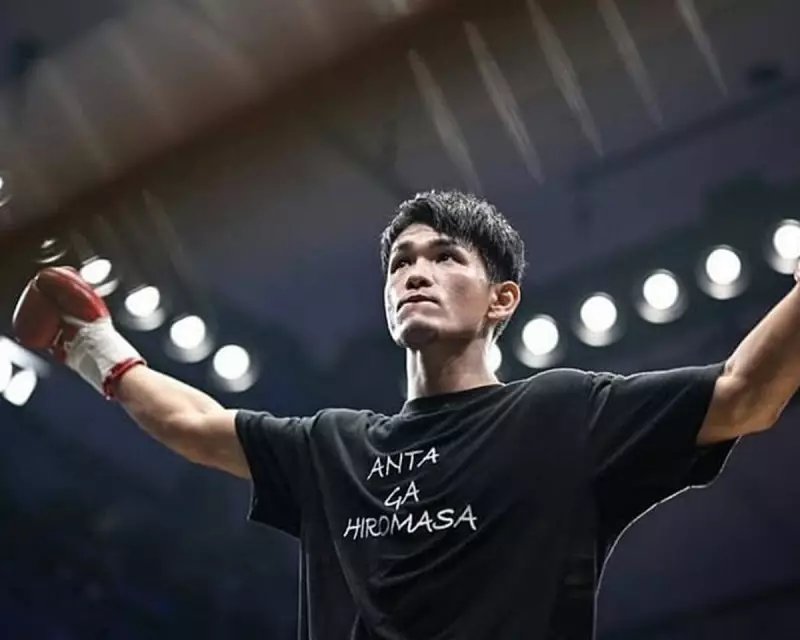
The Japan Boxing Commission (JBC) has unveiled a series of stringent safety measures in response to a recent spate of fatalities in the sport. The move comes after mounting pressure from athletes, medical professionals, and the public to address the alarming rise in ring-related deaths.
New Safety Protocols
Among the key changes announced are:
- Mandatory pre-fight neurological examinations for all boxers
- Extended recovery periods between bouts
- Stricter weight-cutting regulations
- Enhanced ringside medical requirements
- Real-time monitoring of fighters' vitals during matches
A Watershed Moment for Japanese Boxing
These reforms mark a significant shift in Japan's approach to combat sports safety. The JBC has faced criticism in recent years for what many perceived as outdated regulations that failed to keep pace with modern medical understanding of head trauma.
"We cannot continue to ignore the risks our athletes face," stated JBC chairman Hiroshi Shimizu at a press conference in Tokyo. "These measures represent our commitment to putting fighter safety first while preserving the integrity of our sport."
Medical Community Reacts
Neurologists and sports physicians have largely welcomed the changes. Dr. Aiko Tanaka, a leading expert in sports-related head injuries, called the reforms "long overdue" but acknowledged they could set a new global standard for boxing safety.
The commission has also announced partnerships with several medical institutions to develop advanced concussion protocols and improve ringside emergency response procedures.
Impact on the Sport
While most stakeholders agree the changes are necessary, some promoters have expressed concerns about potential logistical challenges and increased costs. However, many fighters have voiced support for the measures, with several high-profile boxers calling them "a step in the right direction."
The JBC plans to implement the new regulations gradually over the next six months, with full compliance expected by early 2026.





